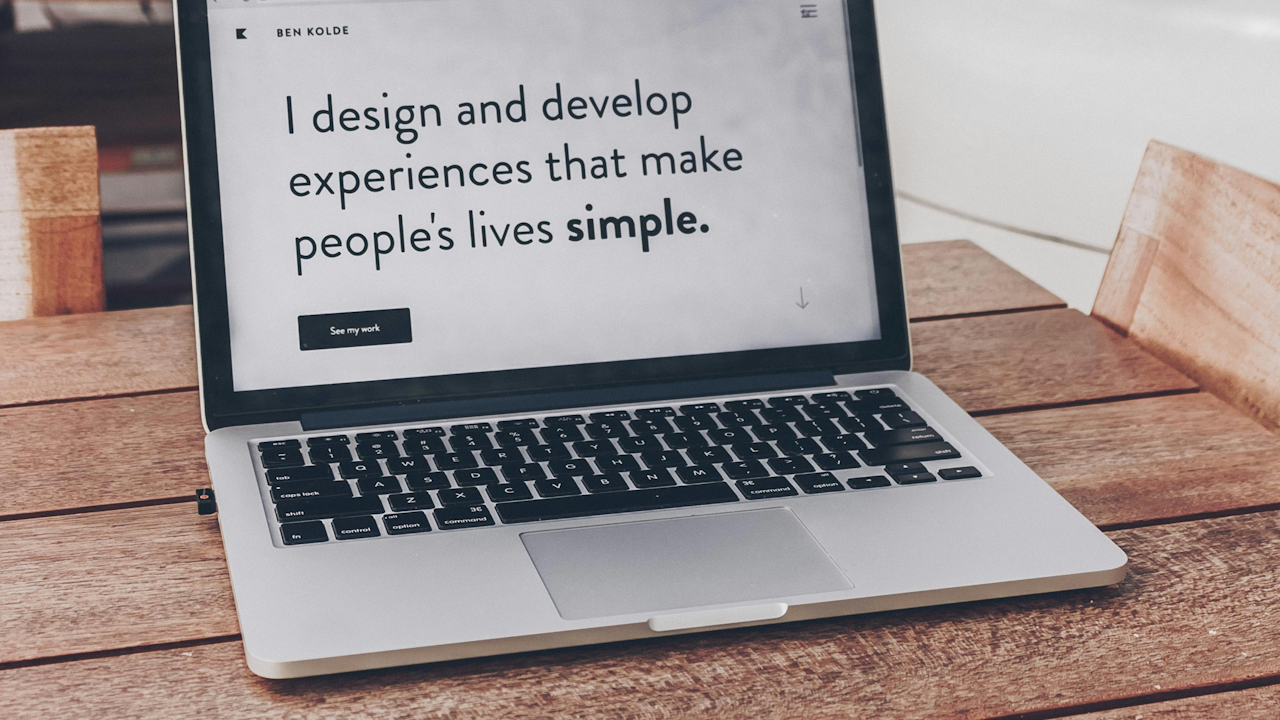In today’s fast-paced, hyper-connected world, standing out in a crowded job market or competitive industry is no easy feat. With professionals vying for attention across platforms like LinkedIn, job boards, and social media, a personal website can be your secret weapon. It’s more than just a digital résumé — it’s a platform where your personal brand, skills, and achievements can shine on your terms. Whether you’re a job seeker, freelancer, entrepreneur, or creative, having your own website gives you control over your narrative and opens doors to countless opportunities.
One of the most compelling reasons to build a personal website is ownership. Social media profiles and third-party platforms have limitations, and you’re always at the mercy of changing algorithms or platform policies. A website, on the other hand, is entirely yours. It acts as a permanent, centralized hub where you can showcase your professional identity without external interference. You’re not constrained by template designs or word limits; you decide how to present yourself, what to highlight, and how frequently to update it. This level of control is invaluable when trying to craft a distinctive, authentic impression.
Moreover, a personal website allows for deeper storytelling. While a LinkedIn profile might give viewers a brief overview of your skills and experiences, a website gives you space to delve into your journey. You can include a portfolio of work, testimonials from clients or colleagues, blog posts that demonstrate your expertise, or even videos introducing who you are. This richer narrative provides depth and dimension, helping potential employers, collaborators, or clients connect with you on a more meaningful level. It humanizes your achievements and illustrates your passion, values, and personality.
Visibility is another critical advantage. Employers and recruiters frequently turn to Google when researching potential candidates. If you have a well-optimized personal website, it’s likely to rank high in search results for your name. That means you can control what people see first when they search for you online. Instead of a scattershot of social media posts, outdated articles, or other irrelevant links, they’ll find a curated, professional site that highlights your accomplishments and credibility.
In fields like design, writing, photography, programming, or consulting, a website isn’t just a bonus — it’s often expected. Portfolios are essential in these industries, and a personal website is the perfect way to present your work in an elegant and accessible manner. Even in more traditional professions like law, finance, or education, having a personal website can signal that you are forward-thinking, tech-savvy, and invested in your career growth.
Freelancers and entrepreneurs particularly benefit from personal websites because they serve as both résumé and storefront. Potential clients want to know what you offer, how you’ve helped others, and how to get in touch — and they want that information fast. A personal site with a strong design, testimonials, case studies, and contact form can convert visitors into leads more effectively than a static résumé or business card. It adds professionalism and trustworthiness to your brand.
Beyond the functional aspects, a personal website is a dynamic tool for personal growth. By blogging or sharing updates about your projects, you demonstrate ongoing learning and thought leadership. It encourages you to reflect on your experiences, articulate your insights, and engage with your professional community. Over time, this helps build your reputation as someone who not only does good work but also thinks deeply about their field.
Networking, too, becomes more powerful with a personal website. When you meet someone at a conference, networking event, or even in an online forum, directing them to your site can leave a lasting impression. It’s easier to remember a sleek, personalized web address than a long list of social handles or links. It also invites further engagement — your contact might explore your portfolio, subscribe to your newsletter, or share your work with their own network.
Maintaining a personal website doesn’t require you to be a coding wizard, either. With tools like WordPress, Squarespace, or Webflow, creating a beautiful, functional site has never been easier. You can start small — a homepage, an “About” section, your résumé, and a contact form — and grow from there. The investment in time and effort pays dividends not only in job searches but throughout your career.
It also future-proofs your professional life. As industries evolve and job titles change, your website grows with you. If you pivot into a new career, start a side hustle, or build a personal brand, your site can evolve to reflect that. It becomes a living document of your journey, showcasing how you’ve grown, what you’ve accomplished, and where you’re headed next.
A personal website is no longer a luxury reserved for tech experts or creatives — it’s an essential career asset for professionals in nearly every field. It sets you apart, gives you ownership over your digital identity, and communicates your story in a way no résumé ever could. In a world where first impressions often happen online, having a personal website isn’t just important — it’s indispensable.


